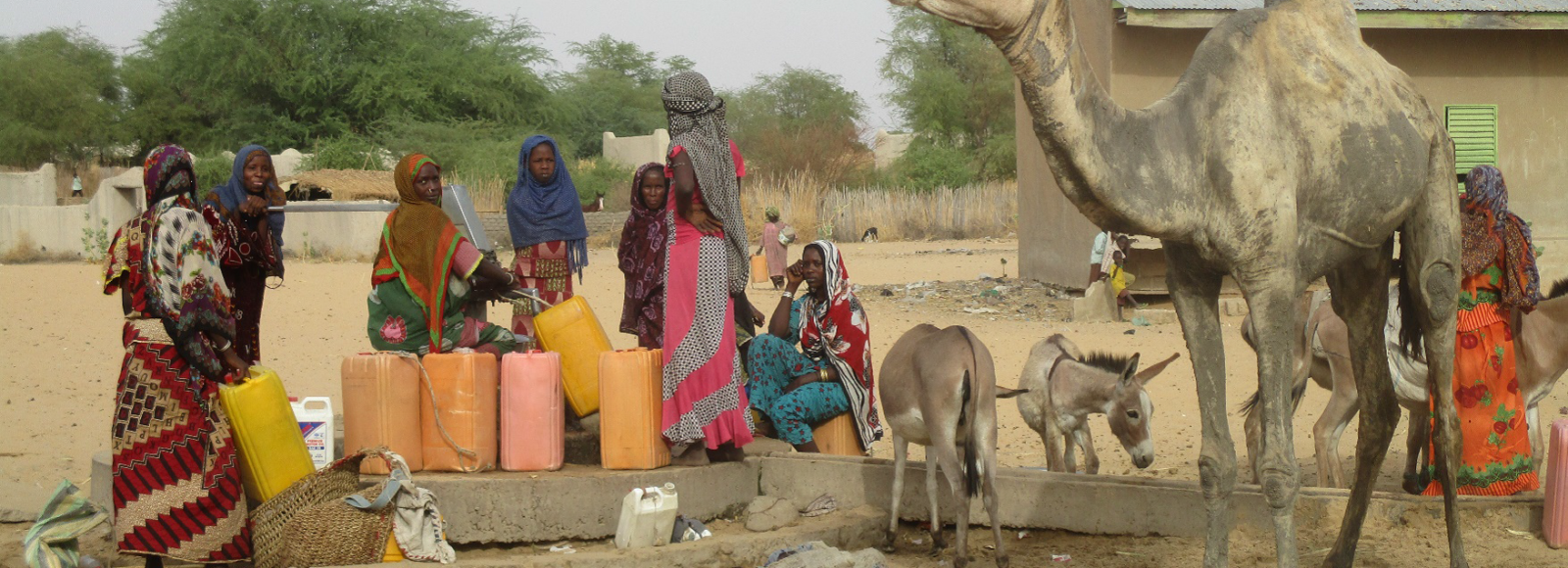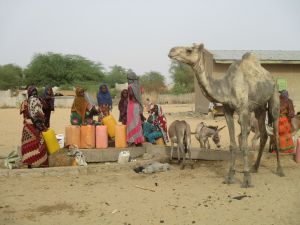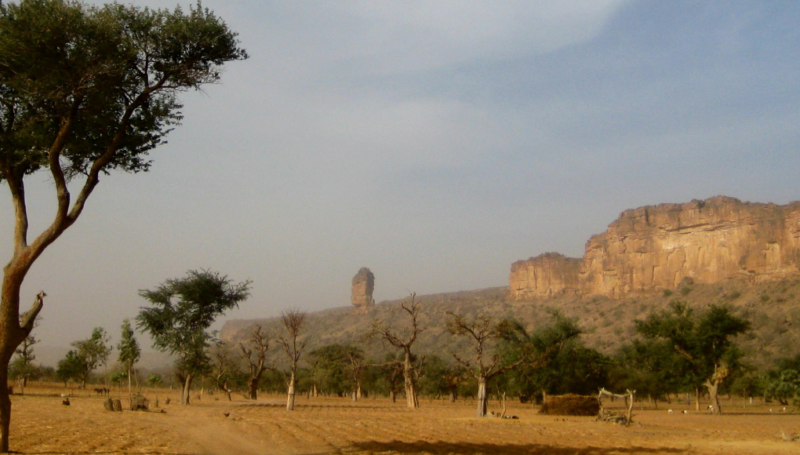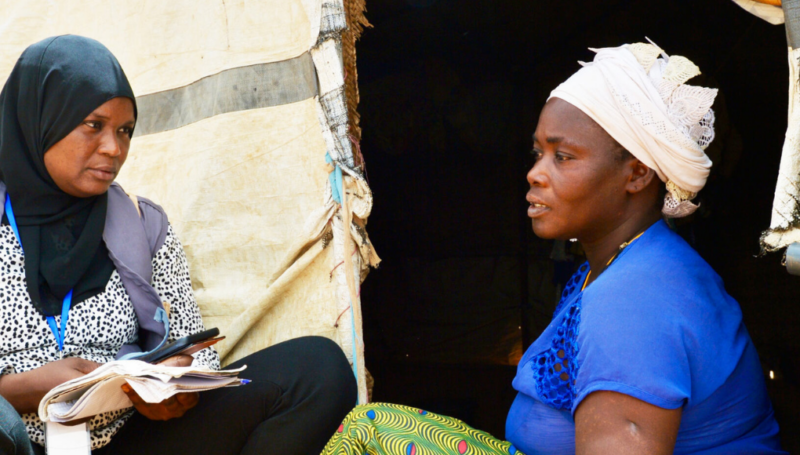You can read our REACH Chad staff’s “Voices from the Field” by following this link (in English) or this link (in French).
The security crisis and renewed state of emergency are still ongoing in Chad and the Lake region, already provoking an important displacement and a demographic pressure in 2015 and 2016, with the IOM reporting more than 100,000 IDPs, refugees – mostly from Nigeria – and returnees in the region. The state of emergency and subsequent restrictions on geographical movements have had negative repercussions on the economic and food security in the area, and the Lake region suffers from an extremely weak infrastructure network, adding to the already few basic services available to vulnerable populations, seemingly occasioning a competition between hosts and displaced populations to access these services.
REACH had conducted a first Multisectorial Needs Assessment (MSNA) in January 2016 and has updated it with a new round of data collection between April and June 2016 to precisely and timely inform humanitarian response on field, and allow a precise and global overview of the displacement trends and dynamics in the area, through surveys of Key Informants (KIs), both new and from the previous assessment, informing about their areas of origin or of displacement.
Key findings highlight that more than half of surveyed villages experience displacement dynamics, with both inflows and outflows. However the displacement, despite on security concerns, tends to be more localised (within the same sous-préfecture), based on family and community ties,, and shelters used by vulnerable populations seem to have become relatively more secure than before. Food security remains one of the primary concern with the main provision sectors affected by security crisis, state of emergency and movement restrictions, occasioning prices increases of primary food items. Restrained movements, for both host and displaced populations, also affect access to basic services: access to health services has worsened for this reason as well as heightened costs, absence of transportation, and lack of medication, personnel and structures.
All this brings further concern that social cohesion could be at risk between host and displaced communities: while relationships are still mostly peaceful, tensions were already witnessed in 24% of villages surveyed, and tensions ‘could emerge in the future’ according to KIs in 28% of them.
This assessment sought to provide additional information, missing from the first assessment, to inform the humanitarian response and actors in the region. It primarily shows that there is no significant improvement in the Lake region and that previously identified humanitarian needs are still to be met.
To read REACH’s exhaustive findings and recommendations, read the full report here.










